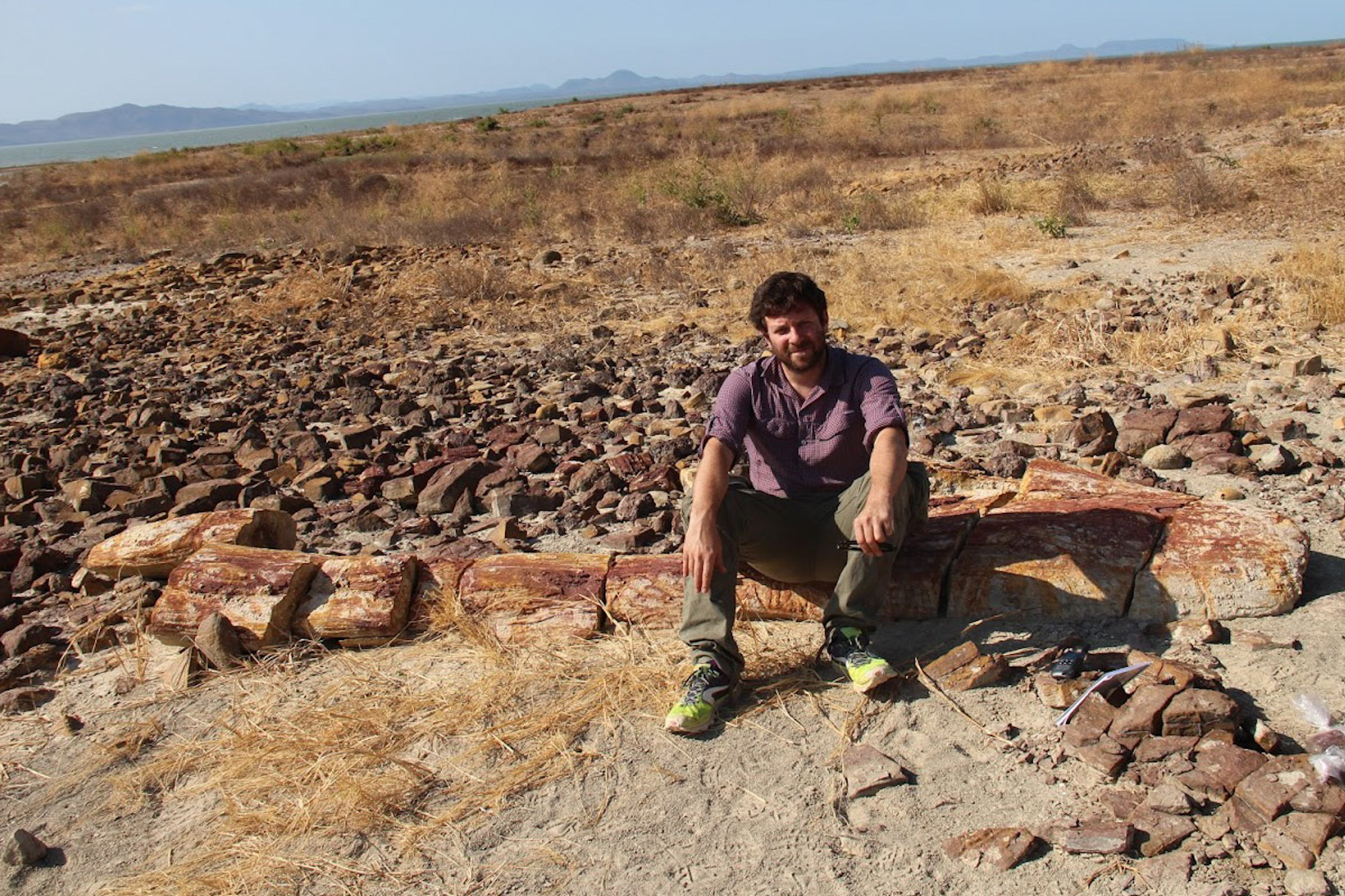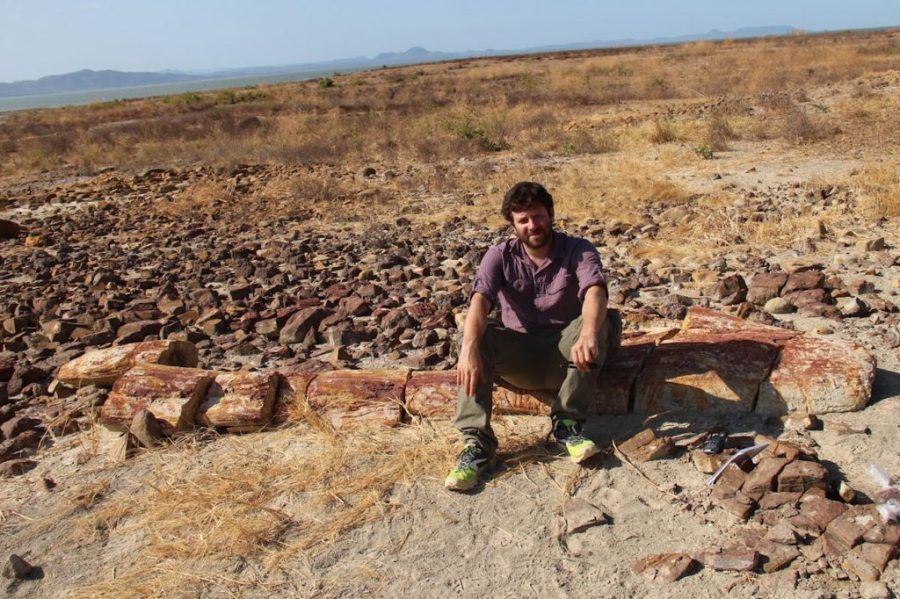A new documentary has shone a light on the work of a team of palaeontologists in Mozambique.
The film, Projecto PaleoMoz: Mozambique, a Story to Discovery, has won a number of international awards and focuses on a joint palaeontological research initiative between Portugal and Mozambique.
Launched in 2009, PaleoMoz aims to “protect and enhance Mozambican palaeontological heritage and generate the first generation of Mozambican palaeontologists,” palaeontologist and principal investigator Ricardo Araújo told RFI.
[See more: Mozambican ruby mine set to triple processing capacity]
The team featured in the documentary began field work in 2016, launching yearly expeditions into the provinces of Niassa, Nampula and Tete, the last providing their greatest single discovery: Africa’s largest fossil forest, a massive expanse of preserved trees over 250 million years old.
The Tete fossil forest stretches over 1,482 square kilometres, with many fossilised trunks measuring more than 2 metres in diameter and as much as 30 metres in length. Some are even still standing. At 256 million years old, the forest predates the worst extinction event in Earth’s history: the Permian Extinction, 252 million years ago, which wiped out 90 percent of marine species and 70 percent of land species.
Such finds are why PaleoMoz has dubbed Mozambique “part of the cradle of humanity”. Palaeontologists would like to have the fossil forest recognised by UNESCO as a World Heritage Site and hope the documentary can spread the word.






